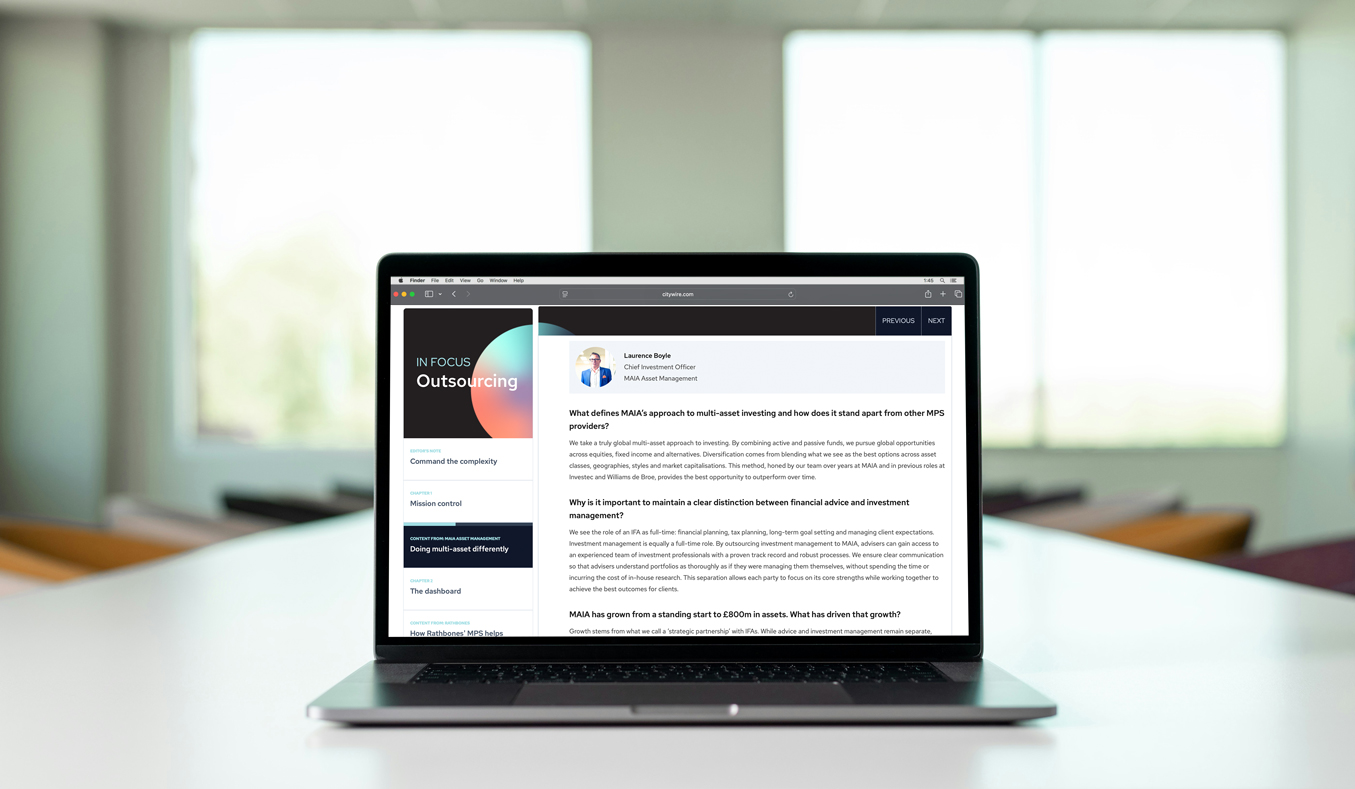The UK has been an overweight position for our portfolios for some time now.

This has provided both headwinds and tailwinds, depending on which timeframes are looked at. Overall, we believe that the UK continues to be a constructive area to invest in, due to the makeup of the UK market and how cheap valuations are.
When we look at the UK equity market, we consider all market caps as a potential investment opportunity. We do not just invest in the FTSE 100, but also allocate to the mid cap FTSE 250 as well as the FTSE Small cap and FSTE AIM markets. All these indices are very different in their makeup. For most investors the FTSE 100 is the most important index as it’s the largest companies and makes up over 80% of the FTSE All share.
The FTSE 100 has performed relatively well this year due to its value bias, growing dividends and higher weightings in energy, financials, and industrials. These sectors have all performed well in 2022 compared to sectors with a growth bias, such as technology. We continue to have meaningful exposure to the large cap FTSE 100 within our portfolios.
Alongside our exposure to UK large caps, we have held an overweight to the FTSE 250 and UK mid-caps for some time. This has been a headwind to performance in the shorter term, but we think that the selloff that has occurred in the FTSE 250 has created a great opportunity for the index to outperform over the longer term, which is why we are continuing to allocate to mid -caps in the UK.
Why has the FTSE 250 underperformed so far this year?
Unlike its large cap counterpart, the FTSE 250 has not provided the same return profile for investors so far this year. The FTSE 250 has been put under far more pressure due to the more domestic nature of the index. Investors have been largely ignoring the mid-caps in the UK due to Brexit risks, political upheaval, and the general economic state of the UK, which continues to be under severe pressure post the COVID 19 pandemic.
As the FTSE 100 has a greater tilt to value sectors, for many investors, just investing in the FTSE 100 has provided all they need for their UK exposure and, so far this year, they have been correct. Just holding the FTSE 100 would have provided a better return over the past year as shown in the graph below.

What has changed for the FTSE 250?
From a valuation perspective, the FTSE 250 is on a forward Price to Earnings ratio (P/E) and a forward Price to Sales ratio (P/S) that is at the lowest level it has been since the Great Financial Crisis in 2008. This is while the Earnings per Share (EPS) of the index has been markedly improving. So as valuations of the underlying companies have been falling, earnings have been growing. For us this seems counterintuitive. Valuations have been quite low for some time, but they have now become even cheaper.
It does seem that over the past few weeks that more investors have started to wake up to the idea that the FTSE 250 is a good investment opportunity. Post the reversal of the mini budget in September, the FTSE 250 has markedly outperformed the FTSE 100. There is still a long way to go with this, but as highlighted above, we think the valuations of the index are still too low. There will be some companies that come under pressure from higher inflation and a UK economy moving into recession, but we think that active managers will be able to manoeuvre this.

We also think that a lot of the bad news has now been priced in. This means that the outlook for these companies does not have to improve very much to outperform. If the backdrop for these companies is just a little better than many had predicted, these companies should continue to outperform, as they have done over the past few weeks.
In conclusion
We continue to favour the UK due to the valuation discount that has been placed on UK assets due to Brexit and political risks. We still like the FTSE 100 due to its value style and we invest in UK equity income due to the growth potential of dividends in the UK market.
We also think the UK mid-cap market is providing a great opportunity for the medium to long term. The performance of the past year has been a headwind to our portfolios, but as with all investments, when the changes come and the outlook becomes more positive, the performance can improve remarkably quickly. We may have been early on our overweight to the mid-caps, but we believe the positive performance we have witnessed in the past few weeks will continue and investors will benefit from this.
The domestic aspect of the index could be a headwind especially as we move towards recession, however this has been priced into these companies’ valuations already. With the valuation levels being as low as they are, the opportunities are ripe for active selection in a market that is under owned, and under researched.
As we have seen with the value vs growth rotation over the past couple of years, the best time to invest in areas like the FTSE 250, is when others are ignoring the opportunities that are present. We believe you should look at the future opportunities rather than focus on what has occurred in the past.
This website is aimed at Independent Financial Advisers, please tick the box to confirm that you are an IFA before entering the website.








